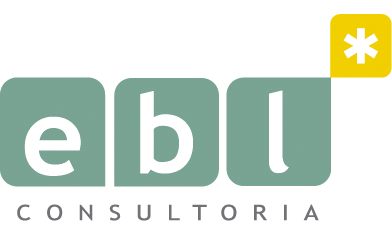Whether for small-to-medium-sized businesses (SMBs) or large corporations, billing systems help boost operational efficiency across departments and improve financial performance. This type of software for businesses simplifies the process of processing payments, and eliminates manual errors that erode the trust of the customer and improves transparency between departments.
The introduction of billing systems is a significant technological breakthrough in accounting. At first, ledger books and typewriters recorded transactions, however they were prone to human error and not suitable for growing business demands. Later, software applications were created to handle specific tasks such as making invoices totals, and adding discounts or taxes, and also generating reports. This invention financial planning and investing strategies opened the way for modern-day billing software that is capable of automating numerous accounting functions as well as managing receivables.
These systems are compatible with a variety of billing models and are flexible enough to accommodate product and service bundles, promotions, and complex billing scenarios. They also provide comprehensive analytics and reporting capabilities that aid companies in forecasting future revenue and identify areas of potential improvement. Integration of these systems into other processes creates a unified system that results in precision, efficiency and strategic insights, propelling businesses towards streamlined operations and robust profits.
When selecting a billing system think about how it can integrate with other business systems and its scaling capabilities. Look for a solution that provides an easy-to-use interface as well as customizable features to meet your company’s specific needs. In addition, make sure the billing system is PCI secure and compliant to ensure compliance with the requirements of the industry you operate in.

